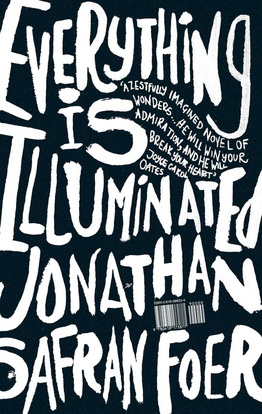
Author: Jonathan Safran Foer
Genre: General Fiction
Date Published: 2002
# pages: 276
Rating: 4.5 out of 5 stars
Recommended?: Yes
Jonathan Safran Foer’s debut novel, Everything is Illuminated, is a remarkable feat of fiction that transcends its own genre. The novel is comprised of intricately woven narratives that show the inextricable connections between time, place, culture, and humanity. The protagonist, who shares the author’s name, embarks on a journey to find the woman he believes saved his grandfather from the Nazis. With Alex, an ambitious Ukrainian teenager striving for the American dream, and Alex’s grandfather, a cantankerous man with a hidden past, acting as translators and guides, Jonathan realizes that he is not the only one looking to the past in order to better understand the present and to guide the future.
While the themes of the novel – growing up, facing reality, grappling with love and loss, discovering family history, trying to explain inexplicable tragedy, and forming an individual and collective identity – are all clichés, Foer artfully portrays the tragically beautiful universal truths and uncovers the raw, relevant emotion in these familiar plotlines. Through the intersecting narratives, Everything is Illuminated conveys the universal bond of humanity and the struggle to reconcile reality when that bond is violated and betrayed. Simultaneously using macroscopic and microscopic lenses, Foer expresses the complex emotional existence that connects people of all ages, cultures, and religions. The juxtaposition of the protagonist’s exploration of his family’s past and Alex’s grandfather’s inability to escape his own past highlights the equal liberty and burden in acquiring knowledge, as both characters realize the duplicitous nature of history and memory.
The work itself is fiction, but it is rooted in the illuminating truths of profound sorrow, joy, and introspection. The novel’s liminality is paradoxically jarring and comforting, foreign and familiar. When the plot becomes uncomfortably serious, Alex’s broken English provides humorous malapropisms that offer necessary comic relief, while at the same time it makes the reader explore the possibilities and powers of language. When the journey seems physically and emotionally impossible for the characters, there is a reassuring discovery that motivates them to push forward. When the darkest cavities of human cruelty and frailty are exposed, there is still the wavering glow of hope to remind the characters and the reader that it is in moments of seemingly unbearable hardship and self-discovery that everything is illuminated.
Review by Lauren Bly, A&S '15
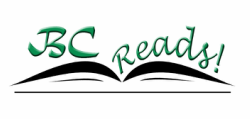
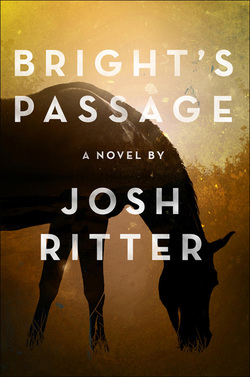

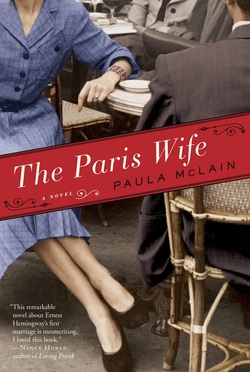
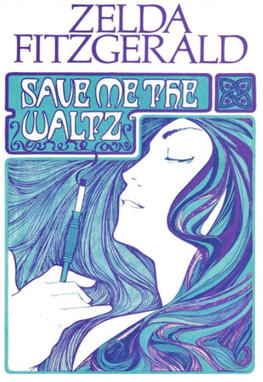
 RSS Feed
RSS Feed
